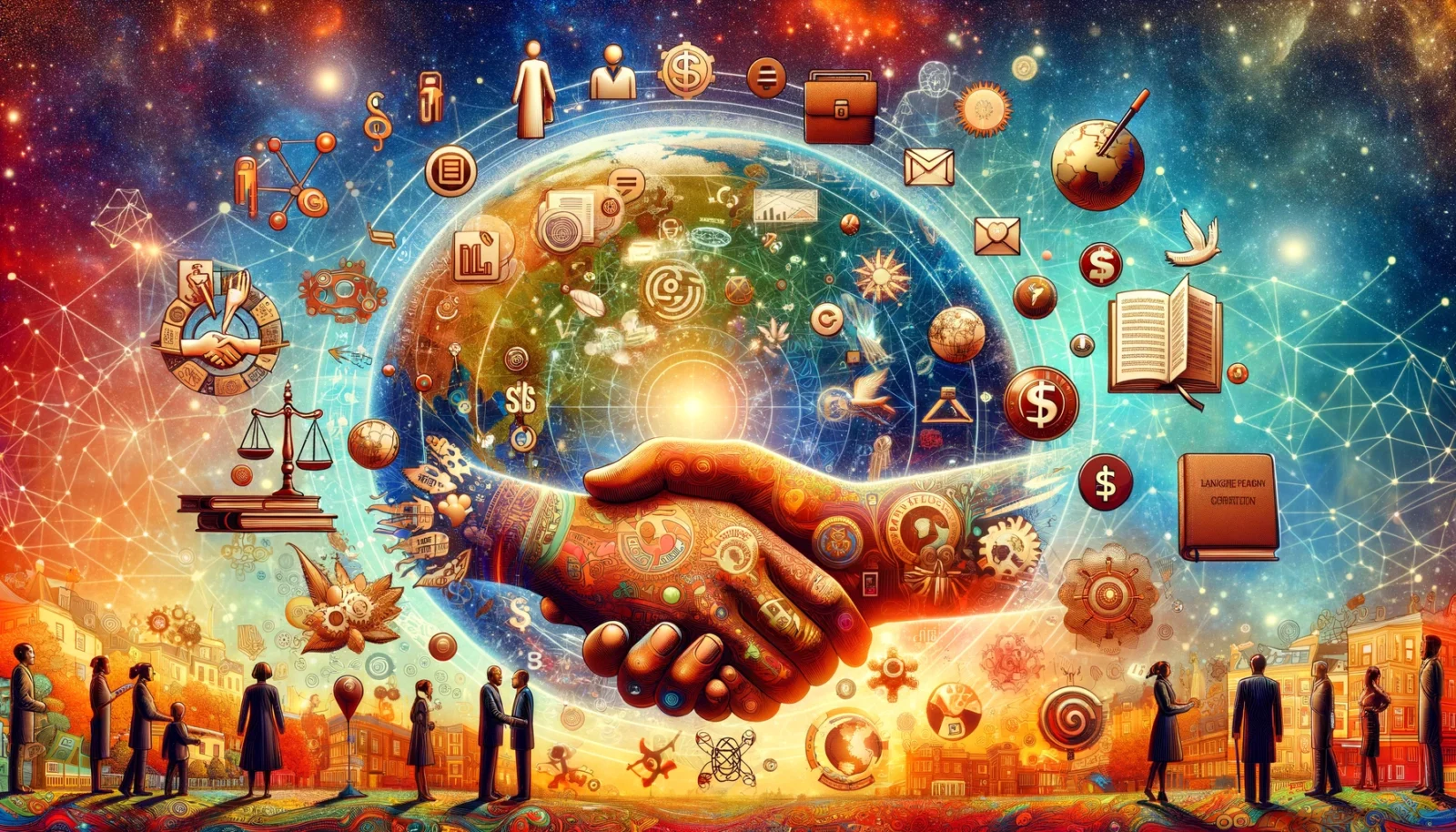Allegorical Interpretation
30 Phil, Chapter 12, Philo of Alexandria, Touchstone 32: Allegorical Interpretation. Allegorical interpretation is the process of understanding the symbolic meaning behind a text or story. It is a literary technique in which characters, events, and settings represent abstract ideas or moral qualities.
Allegorical Interpretation Read More »




















